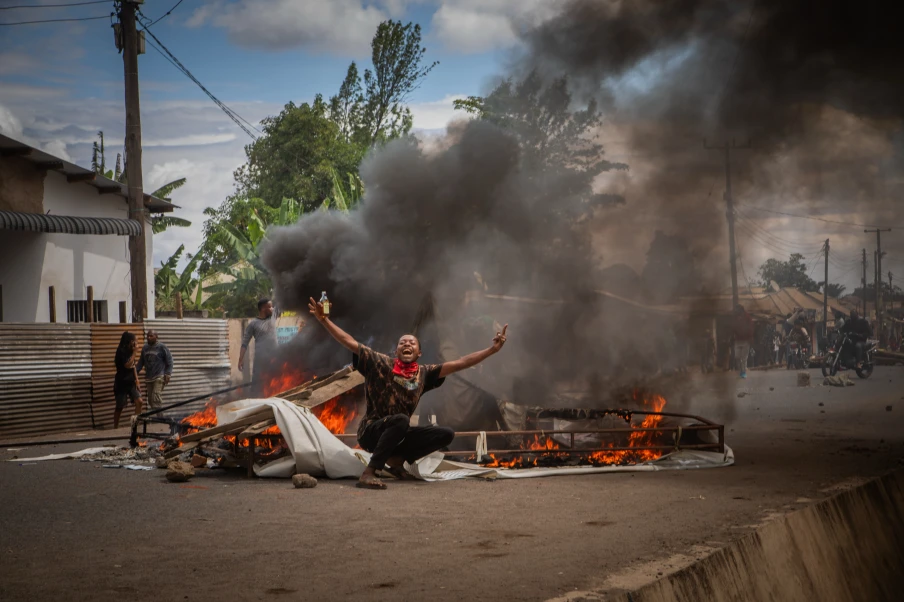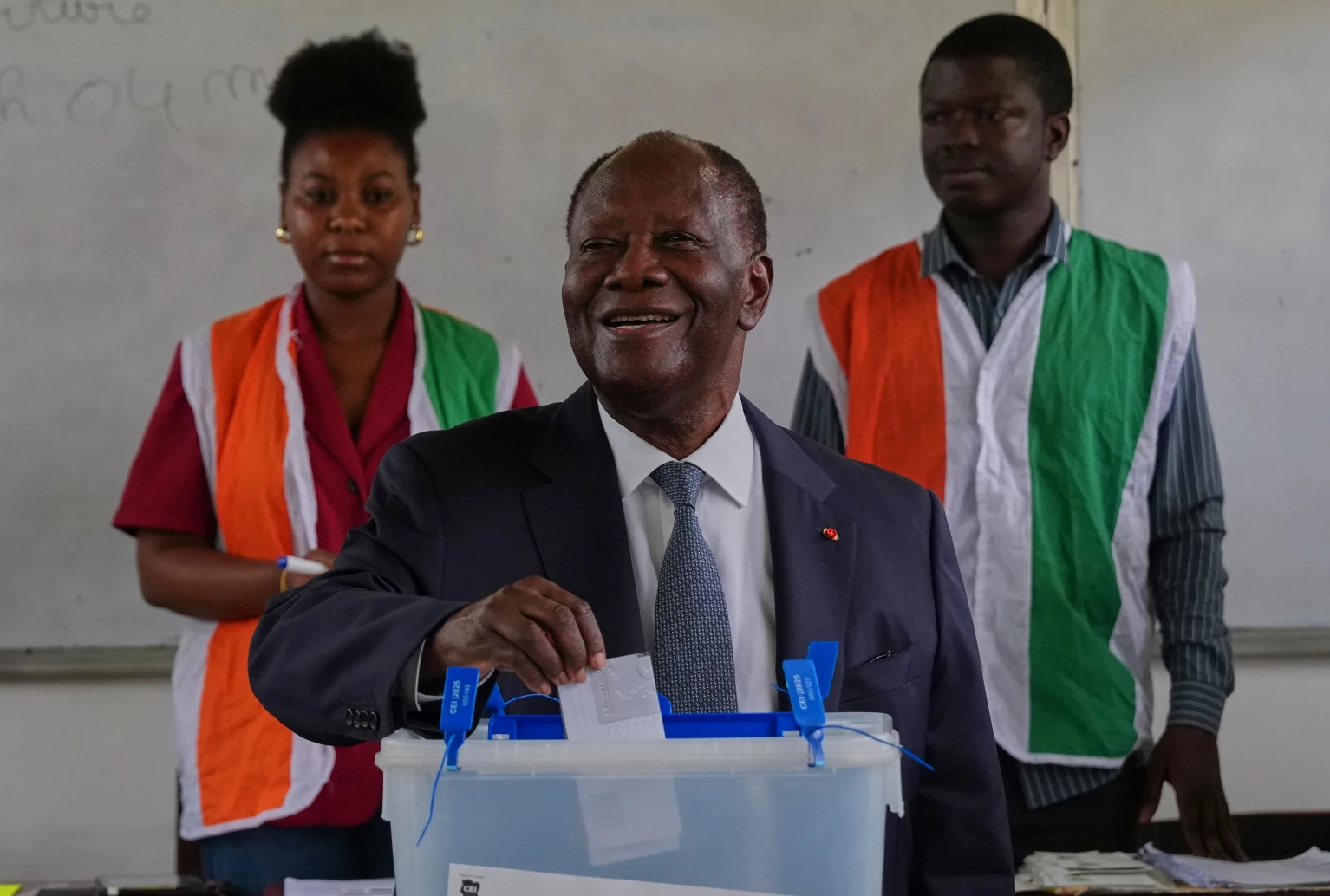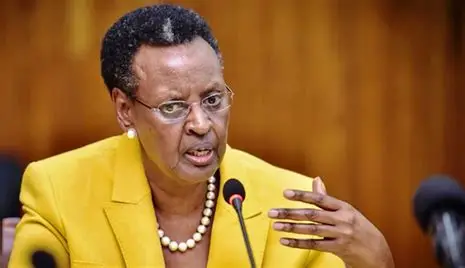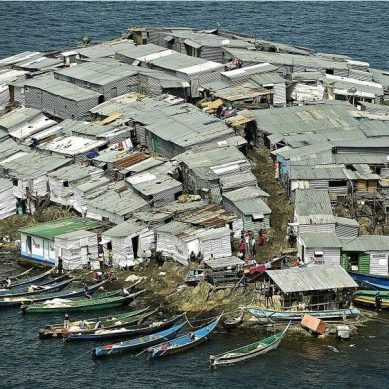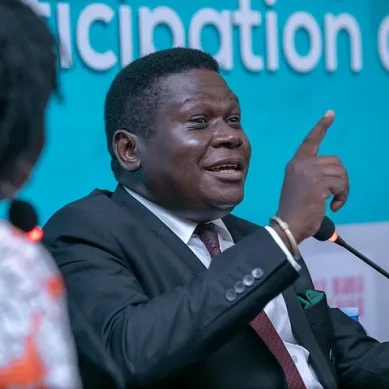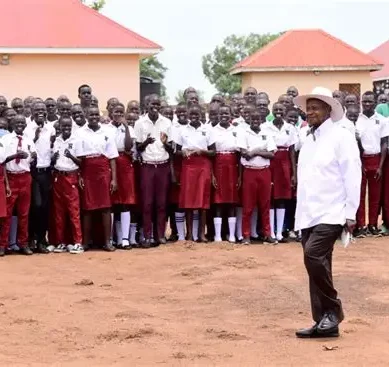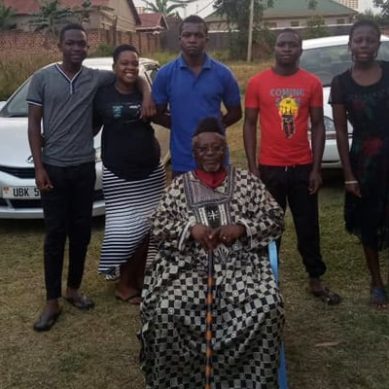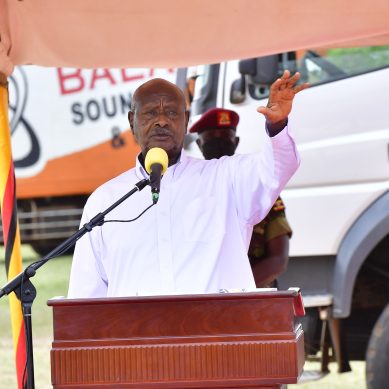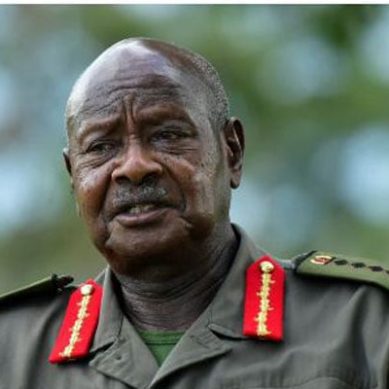How election thievery became democracy: Paradox of Africa with world’s youngest population is ruled by oldest presidents
The trend points to deeper structural problems with Africa’s underlying political environment, said Jeffrey Smith, executive director of democracy-focused Vanguard Africa non-profit. He said all three countries feature incumbents leveraging state resources to stay in power, partisan security forces as well as flawed legal processes.
83-old incumbent Ouattara predicted to win ‘pre-programmed’ Ivory Coast presidential poll
The election is the latest example of ageing men continuing to hold power in Africa, which boasts the youngest population in the world. Cameroon’s Paul Biya, 92, Uganda’s Yoweri Museveni, 81, and Equatorial Guinea’s Teodoro Mbasogo, 83, are some other older African leaders still in power.
How for 63 years successive regimes in Uganda inverted political pluralism in favour of economic crimes they celebrate every October 9
Uganda marked her 63rd Independence Day on October 9, 2025. At 76, I was one of the few people living in Uganda today who were old enough on October 9, 1962, when the colonial British government handed the instruments of power to Apollo Milton Obote. I was 12 years. We...
Unceasing fishing war: Kenyan fishermen on Migingo Island question continued harassment by Ugandan police
President Yoweri Museveni later alluded to this when he made his remarks sometimes back when he spoke about Migingo, an argument that was however dismissed by the Kenyan leaders in the National Assembly.
Veteran opposition leader Besigye denied bail by Ugandan court in treason case
Kizza Besigye, who denies any wrongdoing, was forcefully returned to Uganda from neighbouring Kenya in November last year, and initially charged in a military tribunal, before his case was transferred to a civilian court.
Academic ageism, intellectual death and decline of public intellectualism: The making of Uganda intellectual cemetery
Professors, as they expand the age range, point to positive aspects of ageism, which reflects that increasing age is not associated with negative aspects in the work environment. The aging professor is positively positioned as he is inserted in more postgraduate programmes.
How Museveni became Uganda’s Enemy No.1 in knowledge industry for rewarding natural sciences far better than humanities
Many people have wondered why President Museveni is emphasising natural sciences and related disciplines and fields and advocating against arts, humanities and social sciences when his background is in those fields, and when almost 99.9 per cent of the members of his government also have backgrounds in those broad fields of knowledge.
How digital democratisation of intellectualism makes it easier for Ugandan thought leaders to ventilate in face of repression and subjugation
Winick has recently explained the difference between a thought leaders and Philosophers. Philosophers think deep thoughts about ideas. Thought leaders lead in converting an idea into reality. The ability to take your ideas, create content and shape products that help others solve their toughest problems is at the heart of thought leadership – and so is market viability.
Museveni’s science of self-preservation: How fear is driving Uganda president to stifle humanities in university curriculum
The so-called scientists (those in the natural sciences and related disciplines and fields of knowledge and practice) do not traditionally challenge governments but pay more attention to their work in the laboratories and the field, presumably discovering, creating and innovating.
Uganda presidential election: Museveni gunning for five decades – not five years – in power to fight official corruption he’s part of
The opposition says hundreds of their supporters disappeared or were killed during the last presidential election in 2021 when musician-turned-politician Bobi Wine presented the biggest threat yet to Museveni’s reign.
- 1
- 2




